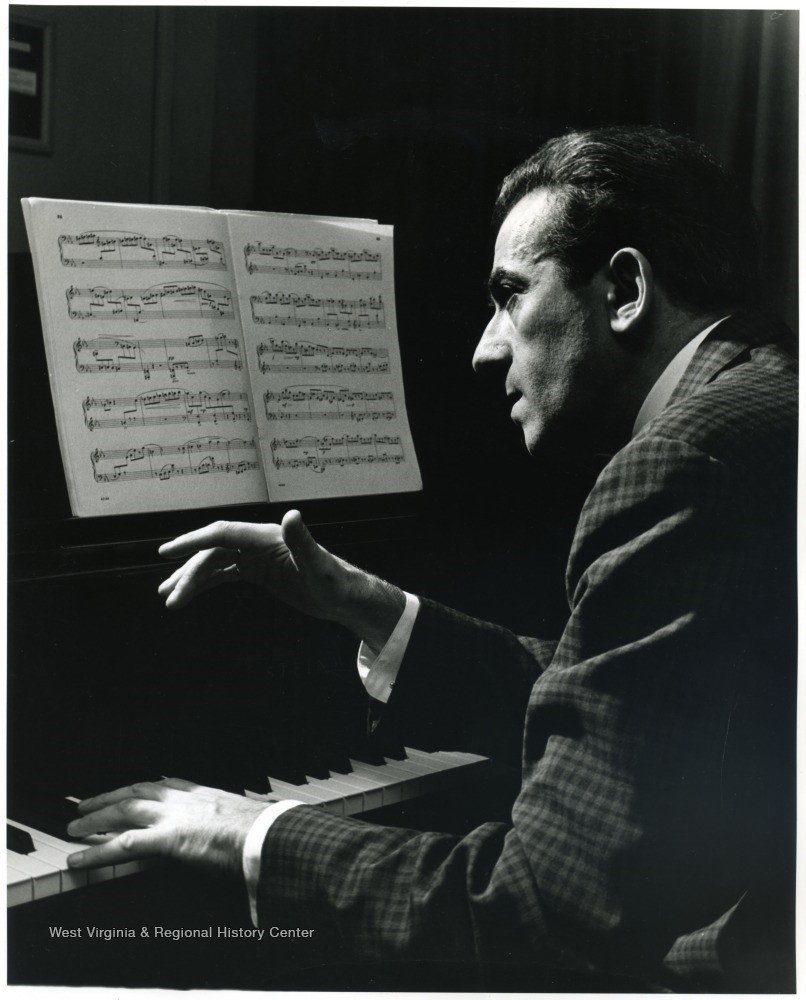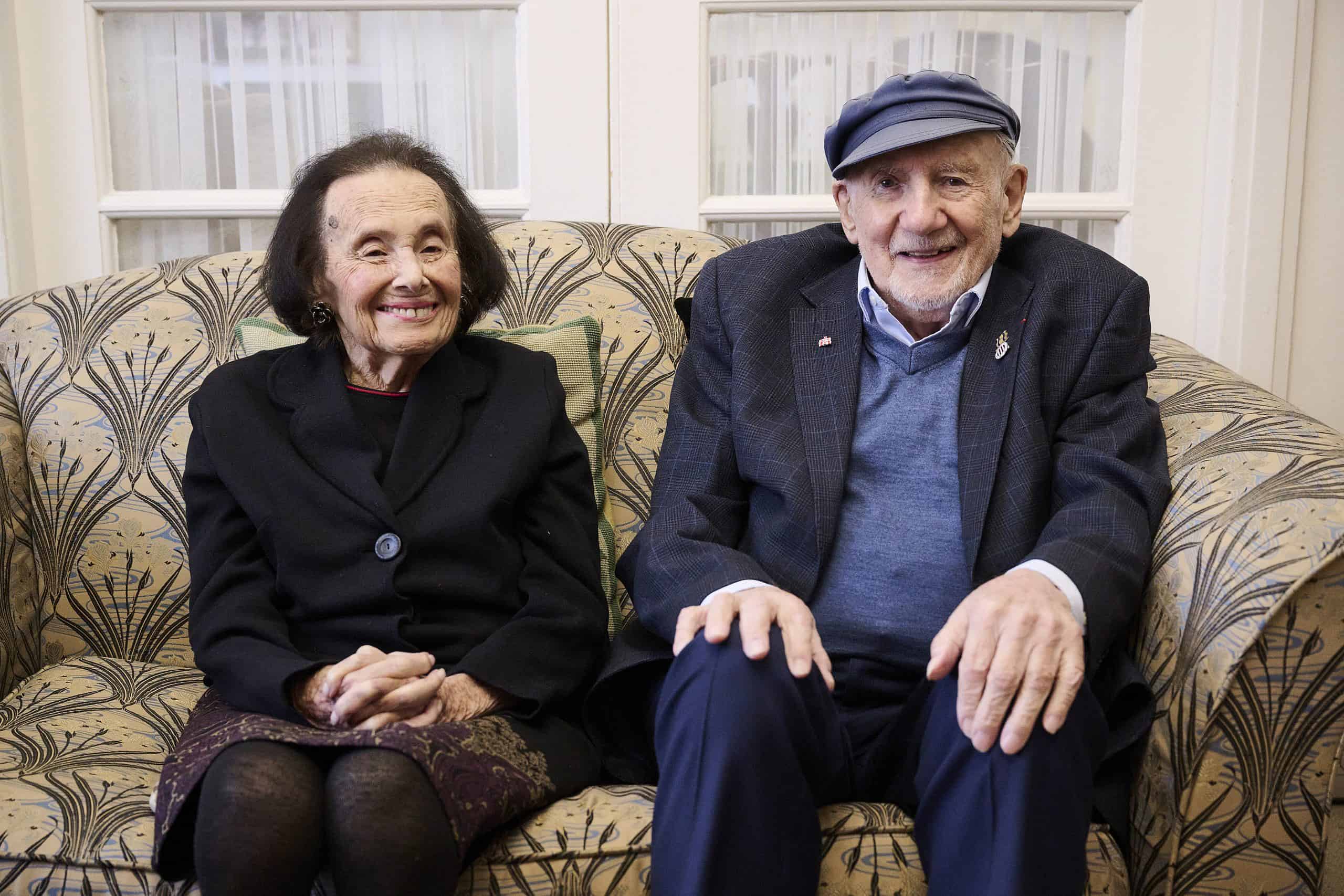Sixties Fan
Diamond Member
- Mar 6, 2017
- 58,614
- 11,119
- 2,140
- Thread starter
- #1,001
Follow along with the video below to see how to install our site as a web app on your home screen.
Note: This feature may not be available in some browsers.
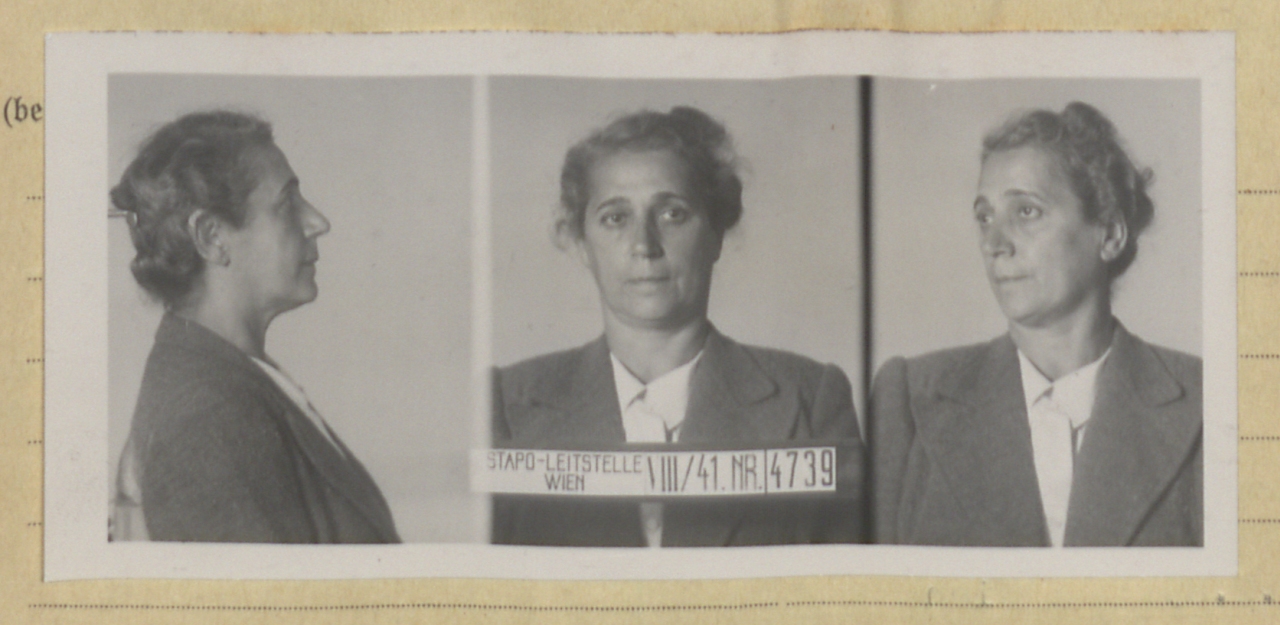
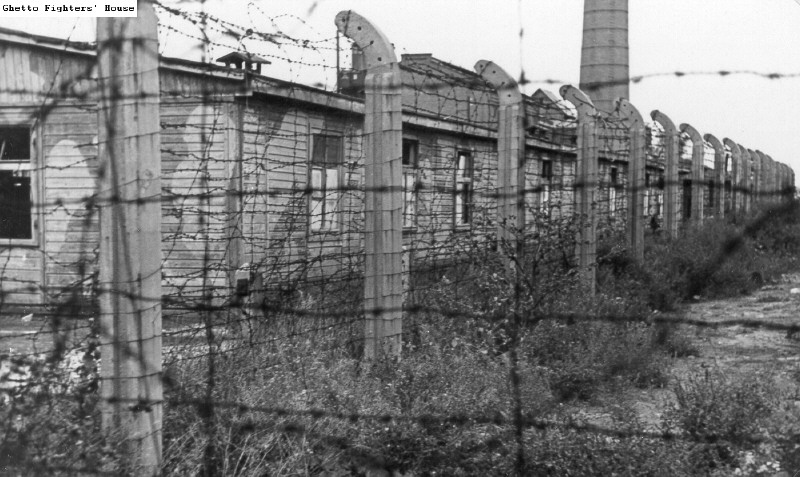


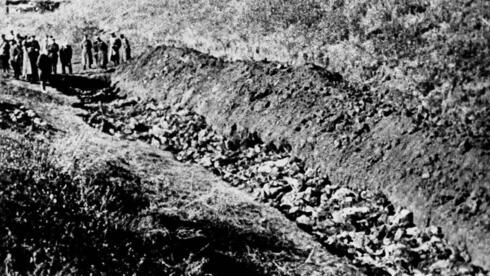
Nationalism is ugly whether it's Black, Jewish, Christian, White, Arab or Nazi.Born in Milan in 1930, Segre fled from Nazi persecution in Italy with her father in December 1943.
After failing to secure refuge in Switzerland, the pair were sent by train to the Auschwitz death camp in Nazi-occupied Poland the following month, where her father and grandparents were murdered.
Along with other Jewish prisoners transferred from Auschwitz in January 1945, Segre was taken to the Ravensbruck concentration camp in Germany.
Weeks later she was moved to another camp operated by the Nazis which was eventually liberated by the Soviet Red Army.
Segre was made an Italian senator for life by President Sergio Mattarella in Jan. 2018.
In her speech on Tuesday, Segre added that she was opposed to “wars, invasions, all that is violence.” She then issued a call for more “moderation” in politics, acknowledging that this term is “out of fashion” but “deeply needed.”
The commission also heard from the Italian Interior Minister, Matteo Piantedosi, who noted with alarm the “net increase” in antisemitism in Italy over the last three months.
Between Oct. 7 and Dec. 31, 135 antisemitic incidents were reported, Piantedosi said. Approximately 28,000 Jews live in Italy.
“Antisemitism represents the paradigm of all forms of hatred, as it sums up all discriminatory matrices, from racial to religious hatred,” Piantedosi observed. “[It is] a hatred that has its roots in the history of humanity, in prejudice and in disinformation.”
Piantedosi also condemned a far right march over the weekend in which participants offered fascist salutes.
Sunday’s march, which drew about 1,000 protesters, “arouses indignation,” he said, but had not been banned because to have done so would have been “counterproductive.”
(full article online)

Italian Jewish Holocaust Survivor and Senator Speaks of ‘Deep Melancholy’ Following Hamas Pogrom in Israel - Algemeiner.com
The 92-year-old Holocaust survivor who sits as a senator in the Italian parliament on Tuesday spoke of her anguish following the Oct. 7 Hamas pogrom in southern Israel, in which more than 1,200 people were murdered and over 200 seized as hostages. In an address to the Italian parliament's...www.algemeiner.com
